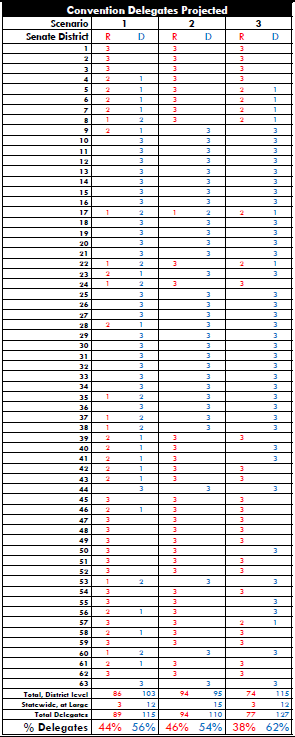November continued an unabated, grim chronicle of sexual assaults perpetrated by powerful men against women in positions of relative weakness or outright dependence. It’s easy (and justified) to condemn the offenders, but does the society in some measure have itself to blame as well? Dr. Eve Waltermaurer of the Benjamin Center at SUNY New Paltz has been studying violence in intimate relationships for twenty years. The results of her recent Views on Women (VOW) poll offers disquieting insights into the social context for these acts of sexual assault.
The VOW poll—supported by the Times Union’s Women@Work —randomly surveyed 1,050 New Yorkers across the state. Findings from VOW identify a far deeper societal struggle about rape and sexual assault than most of us realize, chiefly that we tend to blame the victims of these assaults, and not solely the offenders, according to Waltermaurer.
For instance, when asked if a woman dressing in provocative clothing contributes to her being raped, over 60 percent of men aged 18-35 believe it does. But it is not just men who hold these attitudes. Strikingly, Waltermaurer found that just under 45 percent of women in the same age bracket agree with this sentiment.
These disturbing poll responses, Waltermaurer says, are unfortunately part of a pattern we’ve been unable to break. And while we hear many young women speak out against these abuses and for women’s empowerment, Waltermaurer has found that younger women may actually subscribe to negative attitudes toward women who are victims of sexual violence more frequently than their older counterparts. “One reason older women more frequently reject the idea of sexual and domestic violence as ‘normal’ is that as they gain self-confidence over time they realize, ‘I don’t need to accept this.’ A younger woman, in terms of relationships, has not quite achieved this confidence.”
A chief problem is that even today, Waltermaurer asserts, we do not know how to talk about these issues, especially when sex is involved. Sex is shunned Continue reading




